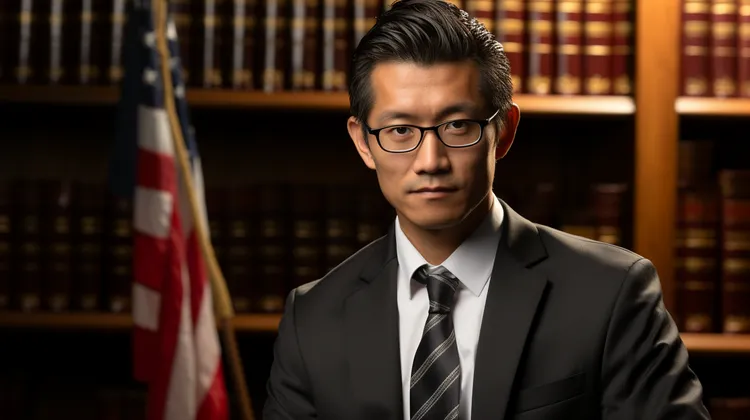In a shocking turn of events, the founder of the blockchain-based privacy protocol, Oyster Protocol, has been sentenced to four years in prison for tax evasion. The founder, known by the pseudonym “Bruno Block,” was found guilty of failing to report and pay taxes on the substantial profits he made from the cryptocurrency project.
Oyster Protocol, considered a major player in the decentralized storage space, gained popularity for its innovative approach of utilizing spare computer storage and bandwidth to create a decentralized internet. The protocol gained significant attention during the 2017-2018 cryptocurrency boom, attracting both investors and developers eager to be part of its promising technology.
During its initial coin offering (ICO), Oyster Protocol managed to raise a staggering amount of funds, positioning it as one of the most successful blockchain projects of its time. Investors were captivated by the potential of its decentralized storage solution and eagerly bought Oyster tokens, hoping to gain profits from its success.
Behind the scenes, Bruno Block was secretly accumulating significant wealth from the project. Documents obtained during the investigation revealed that he had been surreptitiously moving funds into offshore accounts, evading taxes on the profits he made from the ICO.
The case came to light when authorities started investigating Bruno Block’s financial activities. It became increasingly apparent that he had deliberately concealed income and assets, using complex cryptocurrency transactions to cover his tracks. The evidence against him grew stronger, establishing a clear case of tax evasion.
The court’s decision to sentence Bruno Block to four years in prison sends a strong message that tax evasion, irrespective of the financial sector involved, will not be tolerated. The judge emphasized that this ruling was not just about punishing Bruno Block, but was also a deterrent for others involved in similar illegal activities.
The Oyster Protocol community and investors were left shocked and disappointed by the news of their founder’s illegal activities. Many had believed in the project’s vision and had invested significant amounts of money, only to have their trust betrayed. Some community members have now taken it upon themselves to distance the project from its founder’s actions and continue supporting its development, highlighting the importance of decentralized projects that are not reliant on any single individual.
The conviction of Bruno Block also underscores the need for stricter regulations and oversight within the cryptocurrency industry. Money laundering and tax evasion have long been issues plaguing the sector, tarnishing its reputation. Increased transparency and accountability are essential to prevent such incidents and foster trust among participants.
This incident serves as a reminder for investors to conduct thorough due diligence before committing funds to any project, especially in the crypto space. Understanding the team behind a project, their intentions, and their track record is crucial for safeguarding investments and mitigating risks.
It is expected that the sentencing of Bruno Block will have a considerable impact on the Oyster Protocol’s reputation and future development. It is important to highlight that the core technology and potential of the protocol should not be dismissed because of one individual’s illegal activities. The project’s community and development team will need to work diligently to regain trust and steer the protocol towards a brighter and more compliant future.
The founder of Oyster Protocol, Bruno Block, receiving a four-year prison sentence for tax evasion reveals the darker side of the crypto industry. The case highlights the importance of transparency, accountability, and due diligence, and emphasizes the need for stronger regulations in the sector. While the incident has undoubtedly tarnished the project’s reputation, it should not overshadow the potential of Oyster Protocol’s innovative technology. The community and team must now focus on rebuilding trust and driving the project forward on a more secure and compliant path.

